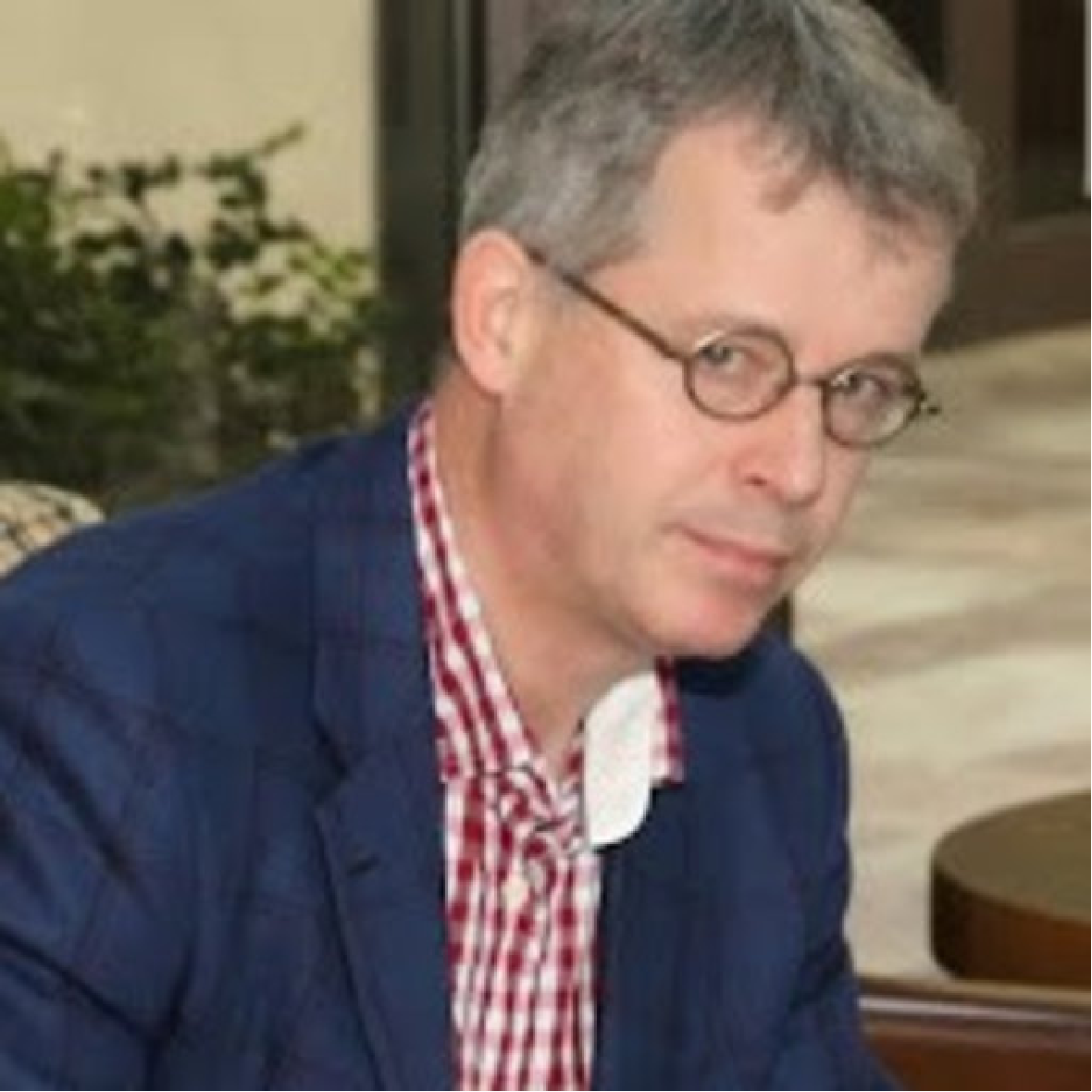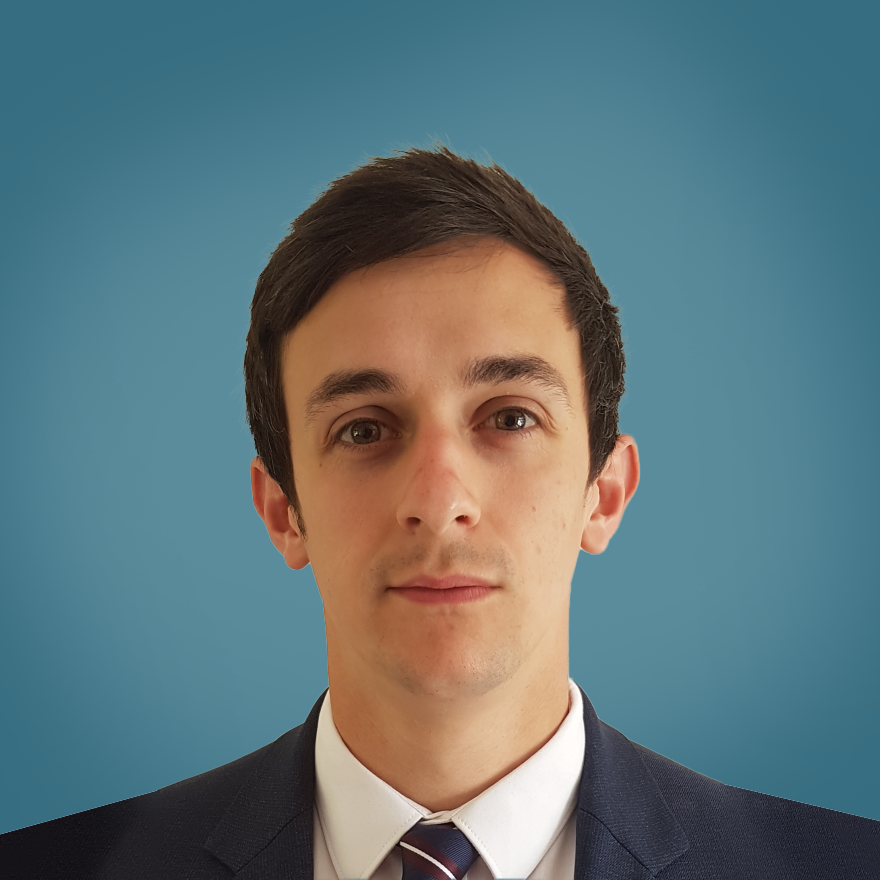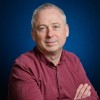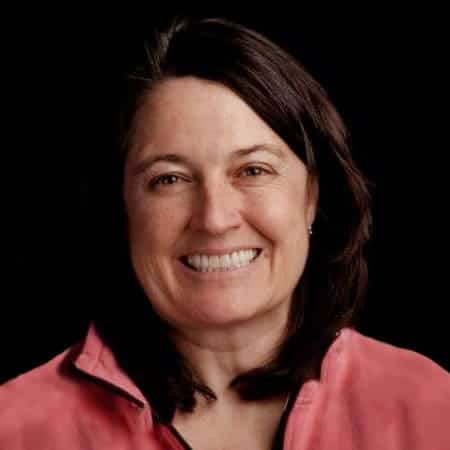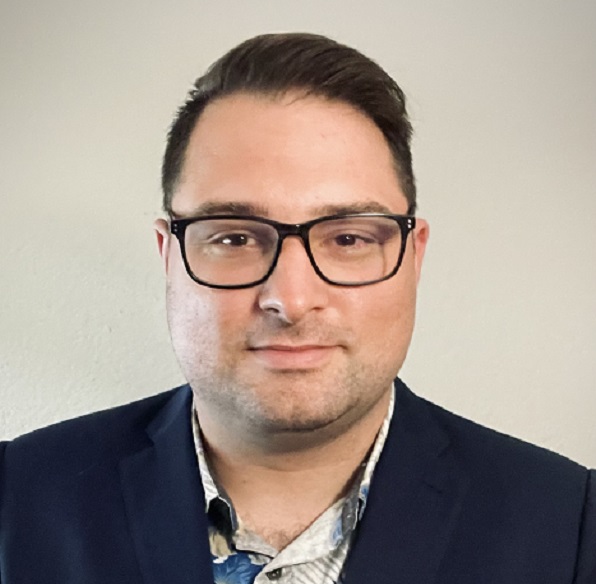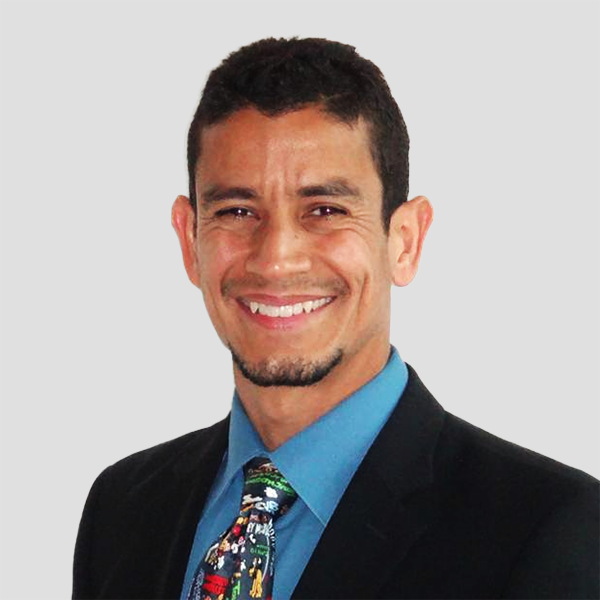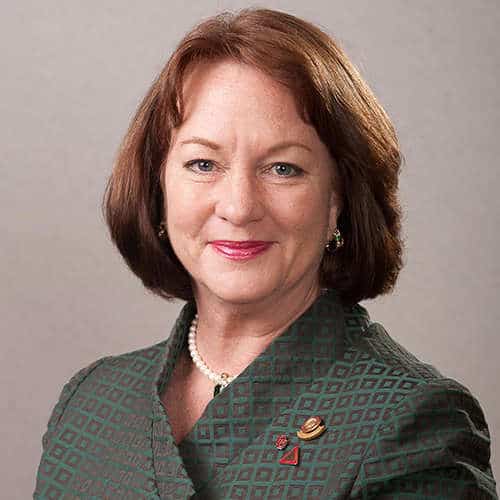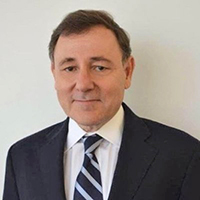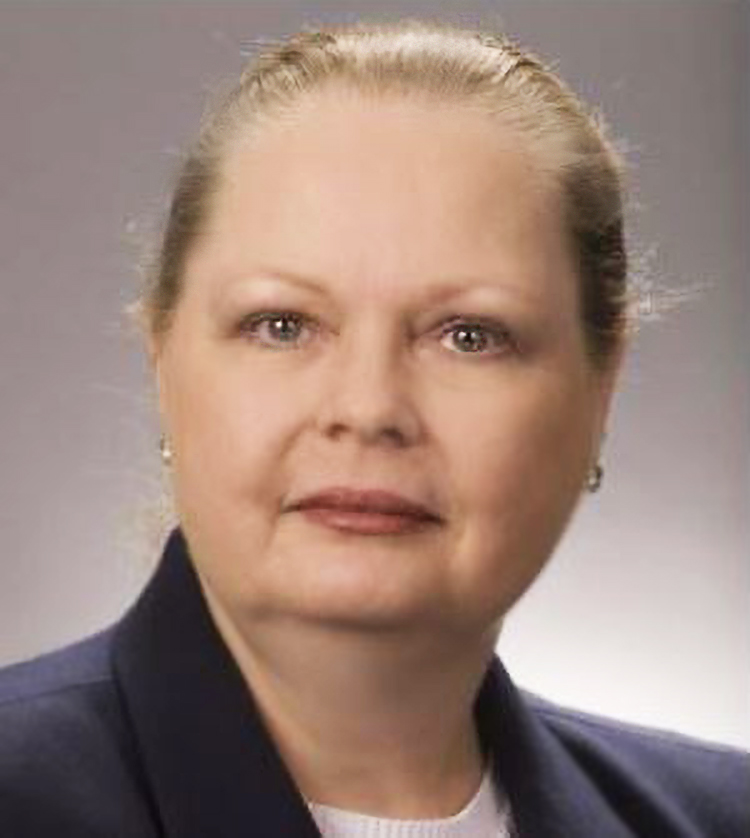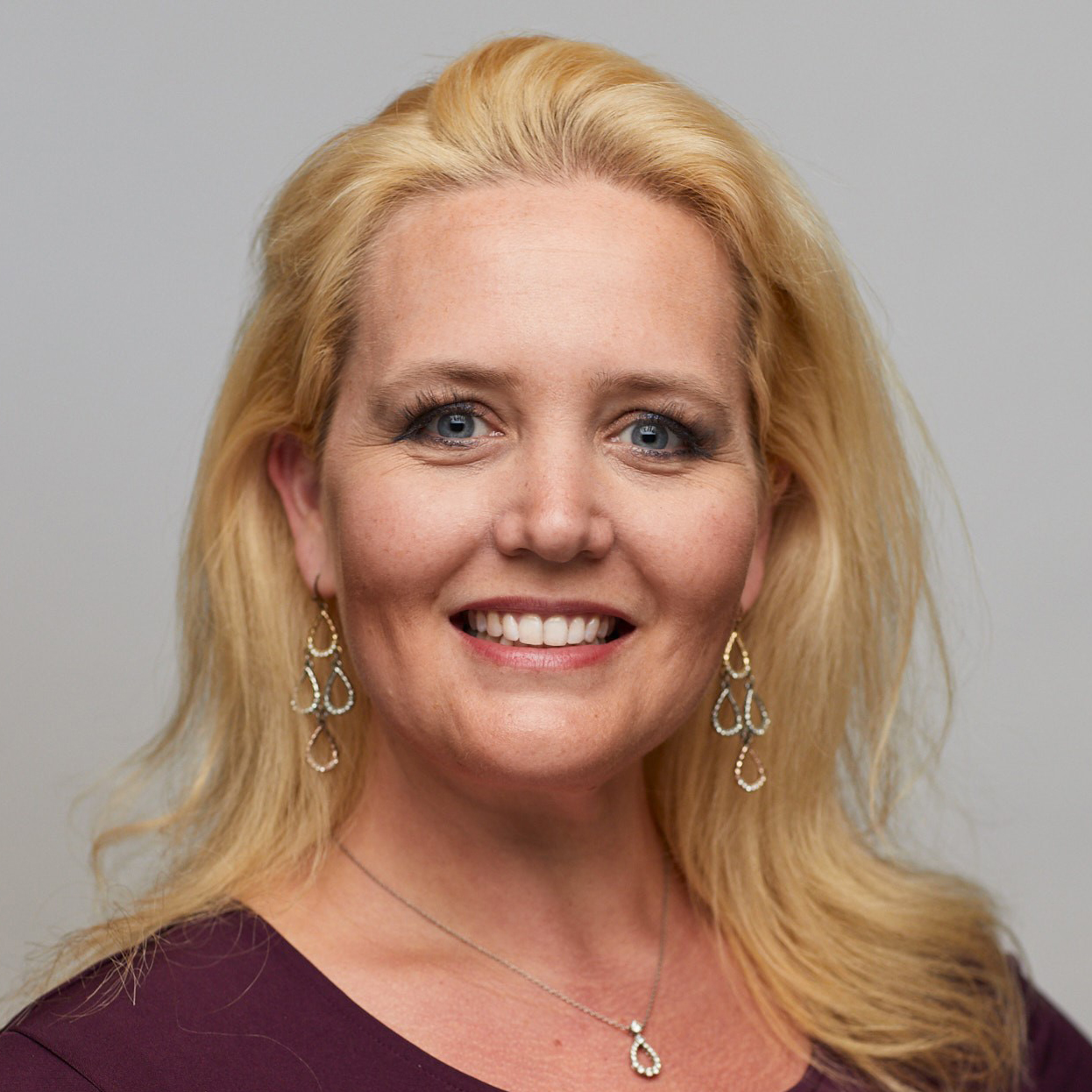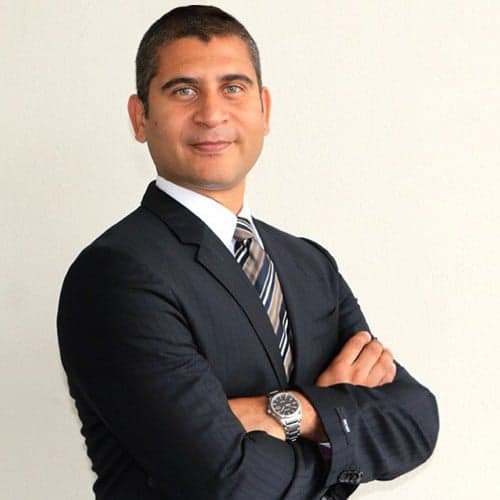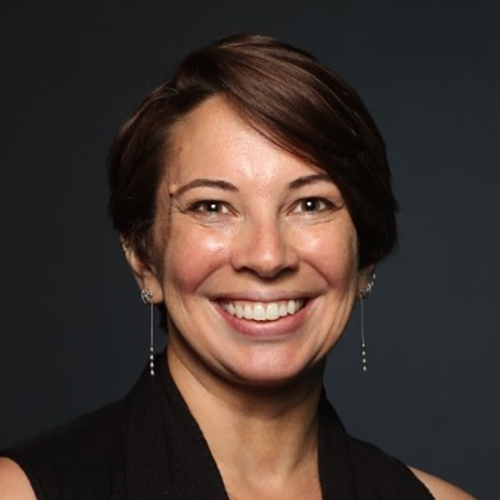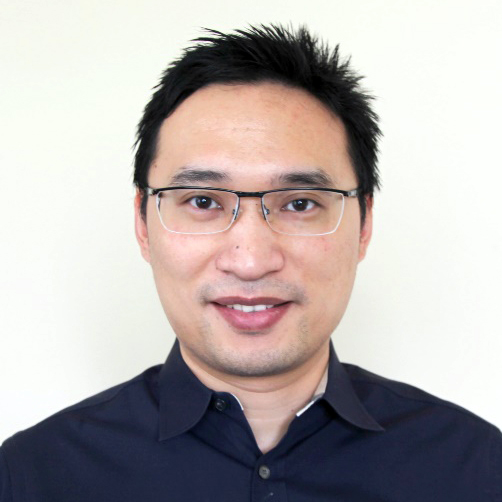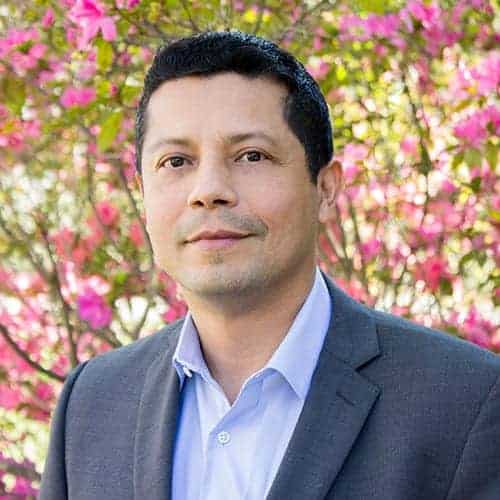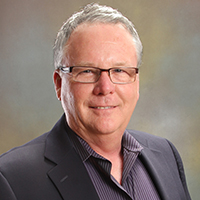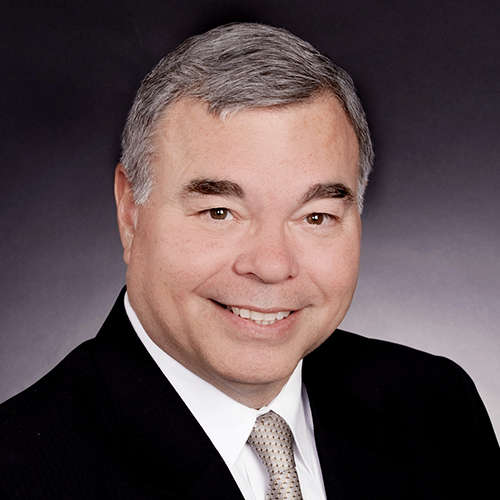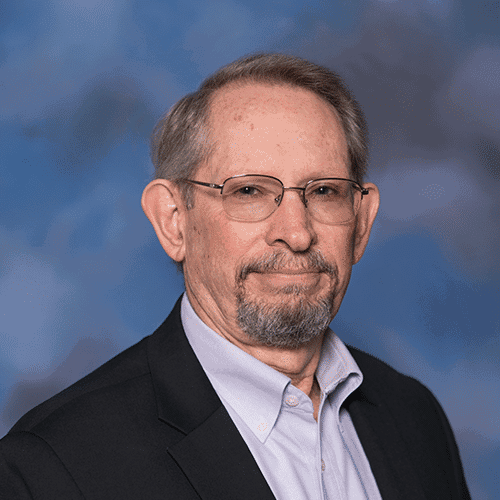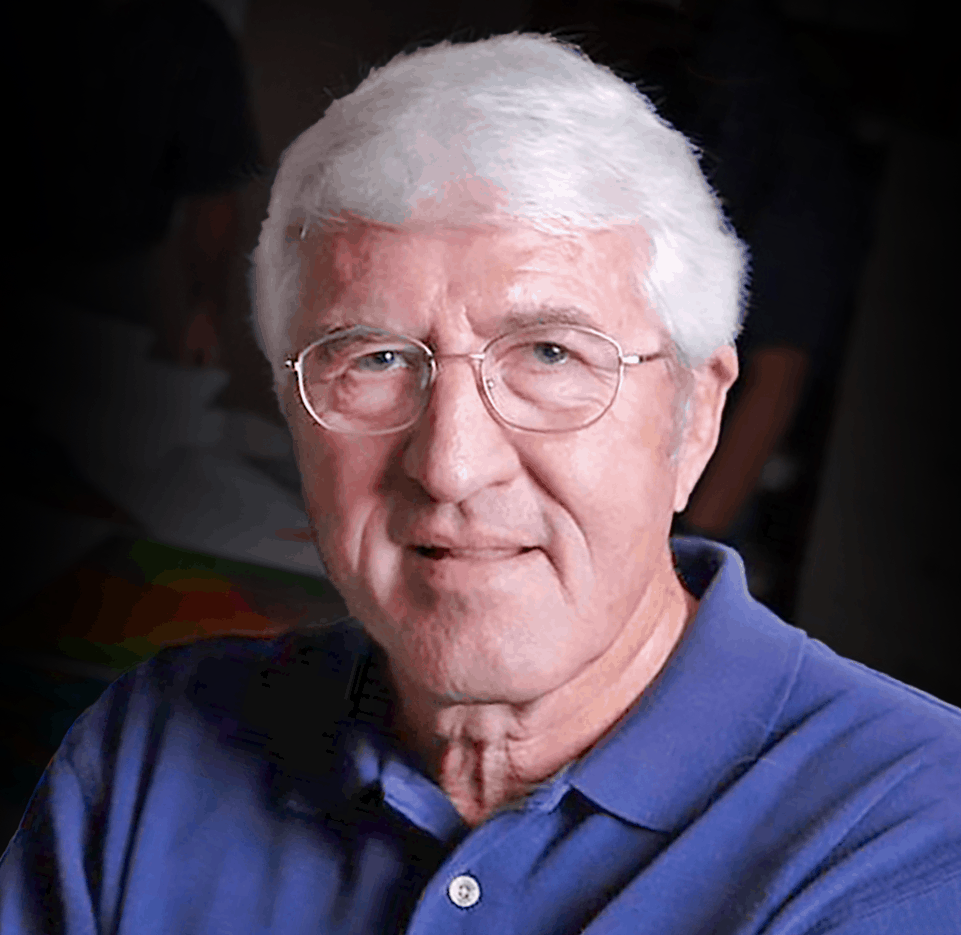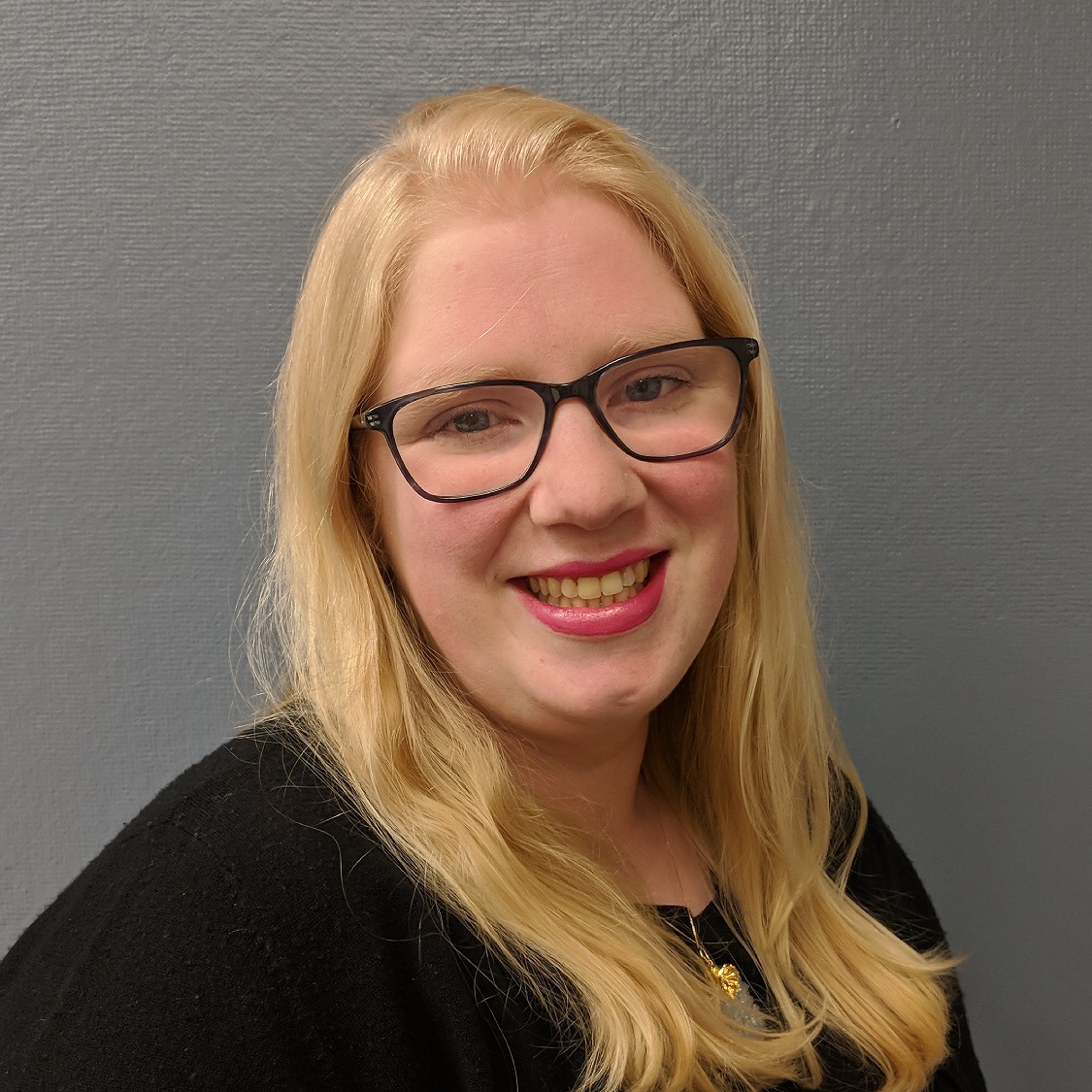There were stark differences between the way that VSP data acquisition was practiced in Russia versus in the U.S. Gal’perin worked in wells that were drilled strictly for purposes of collecting VSP data, and he could work at a slow measured pace for weeks to collect data. In contrast, I had to utilize wells that were drilled for production purposes and was forced to work around the clock at a frantic pace so I could release the well to engineers who had to do production tests and proceed with well completion. Acquiring VSP data is much like giving birth to babies. The event requires long night-time labor and often occurs on weekends.
Gal’perin had a great sense of humor. If we could have conversed without translators, I think we would have been roaring with laughter much of the time. I relate some examples.
He scolded me frequently saying that I, and all U.S. geophysicists, relied on computers too much and did not focus on the physics and mathematics of problems like we should. Some of his criticism was justified. One day, Evsey and I were walking by a computer station where my technician, Alex Jackson, was processing some VSP data. I explained the procedure, he snorted, and according to the translator said, “I do the same thing with 200 women and don’t need a computer”. I stared at him, thinking he was serious. His sly smile gave away his pretense, and we had one of our frequent belly laughs. After this incident, whenever we were examining any computer-produced VSP data product I made, I would ask Evsey , “How many women do you use to do this?”, and we would have another laugh.
Evsey had several meals in our home. At the first dinner we had, a Phillips translator attended to help the conversation. As I said a prayer of thanks, the translator repeated my words in Russian. When I concluded, I said the usual “Amen”. The Phillips translator was silent. I was about to say, “Let’s eat”, when the translator made a brief statement in Russian, and Evsey and his Russian translator raised their heads. My Phillips translator friend explained that he had just not encountered the word “Amen” and was stumped. I explained the meaning of “amen” as we began our meal, and we had a pleasant evening. At later meals, whenever I said a prayer of thanks, Evsey was always the first to say a loud “Amen” and then would look at me with a broad smile on his face.
One weekend, Evsey and a group of Phillips people met for an outdoor dinner at the home of the Manager of the Geophysics Research Branch. The affair was the usual outdoor grilling of hamburgers and hotdogs. The manager’s children had a large trampoline set up in the backyard. Evsey spotted the trampoline, kicked off his shoes, and climbed on. Like a kid, he tried to see how high he could go. I envisioned a trip to the hospital. He stayed on that trampoline a long time, and we had to call him down to eat. Anything that was a fun experience was an activity he wanted to do.
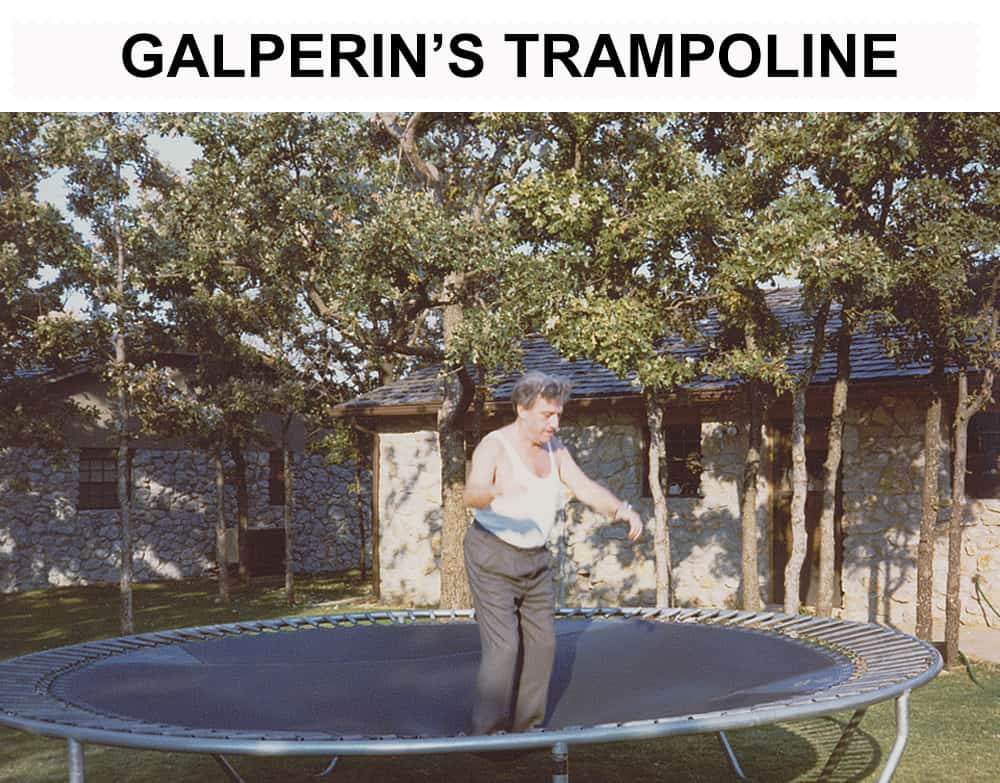
The 1979 SEG convention was in New Orleans. Attending this convention was the last thing Evsey did before he left the U.S. He flew back to Moscow from New Orleans at the conclusion of the 1979 convention. When I checked us into our hotel in New Orleans, I got three adjacent rooms on the top floor for me, Evsey, and his translator. The rooms provided a good view of the Mississippi River. Evsey opened his curtains, saw the scene, and yelled, “Mark Twain! Mississippi!”. I was astounded. He explained, through his translator, that he had read all of Mark Twain’s books about life on the Mississippi River, which evidently had been translated into Russian. He had many interests other than geophysics and VSP technology.
The first day we walked from our hotel to the New Orleans SEG convention center, we passed an electronics store that had a large display window. Evsey stopped and look at each item. He was attracted to an exceptionally small, top-of-the-line, short-wave radio that cost $200. This was quite a bit of money in 1979, but Evsey should have had a pocket full of Phillips cash. He marched into the store with his translator to negotiate a lower price. No deal. Evsey loved the Voice of America news program that was sent into Russia from external, short-wave, broadcast stations and seriously wanted that radio. The next day, he and his translator went into the store again and tried a second price negotiation. Aha, this time the store owner agreed to a small price reduction. The cost was still more than Evsey wanted to pay, so we continued to the SEG convention.
On the last day of technical sessions at this annual meeting, I slipped into one of the lecture rooms to hear a paper of interest. I was easing across the darkened room toward a good viewing spot, when I heard a loud whisper, “Bob”. It was Evsey, and I took a seat next to him. He nudged me in the ribs, reached inside his jacket, pulled out the small short-wave radio, and with a big grin he said, “My price!”. He had left the convention hall a couple of hours earlier, returned to the store alone, and somehow done a one-on-one price negotiation with the store owner. I believe he enjoyed his conquest of that store owner as much as anything he did in the U.S. He returned home with probably the best short-wave radio inside Russia.
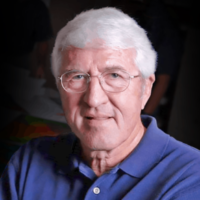
Bob A. Hardage
Bob A. Hardage received a PhD in physics from Oklahoma State University. His thesis work focused on high-velocity micro-meteoroid impact on space vehicles, which required trips to Goddard Space Flight Center to do finite-difference modeling on dedicated computers. Upon completing his university studies, he worked at Phillips Petroleum Company for 23 years and was Exploration Manager for Asia and Latin America when he left Phillips. He moved to WesternAtlas and worked 3 years as Vice President of Geophysical Development and Marketing. He then established a multicomponent seismic research laboratory at the Bureau of Economic Geology and served The University of Texas at Austin as a Senior Research Scientist for 28 years. He has published books on VSP, cross-well profiling, seismic stratigraphy, and multicomponent seismic technology. He was the first person to serve 6 years on the Board of Directors of the Society of Exploration Geophysicists (SEG). His Board service was as SEG Editor (2 years), followed by 1-year terms as First VP, President Elect, President, and Past President. SEG has awarded him a Special Commendation, Life Membership, and Honorary Membership. He wrote the AAPG Explorer column on geophysics for 6 years. AAPG honored him with a Distinguished Service award for promoting geophysics among the geological community.

